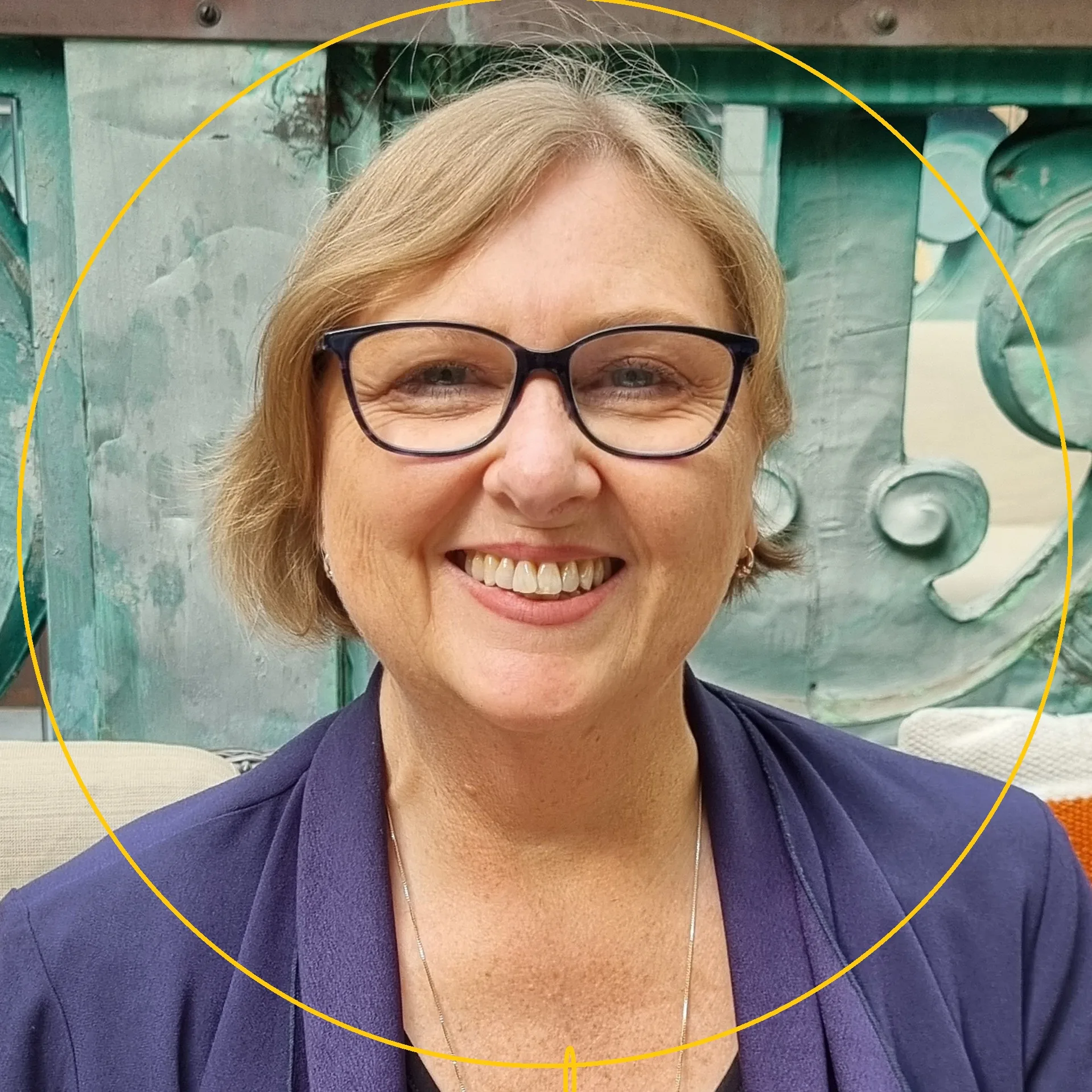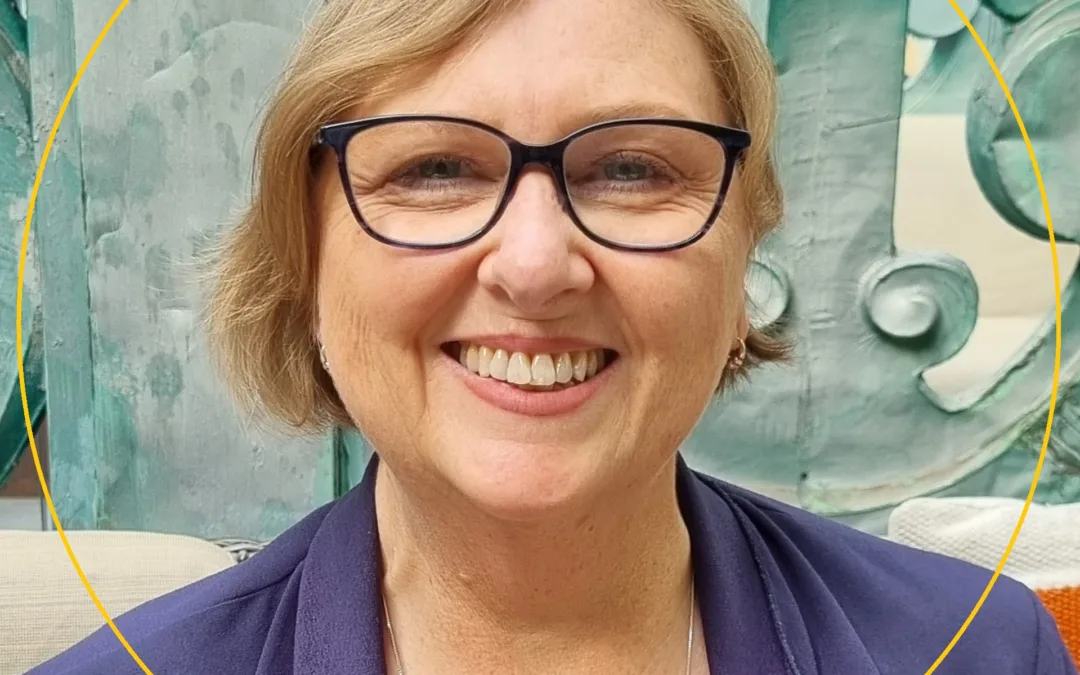
Sharon Sheehan has more than 20 years’ experience in financial planning, including six years during which she ran her own business. For a while she worked in the more technical paraplanning area, but quickly realised it was helping people that was the most satisfying part of her role. After various management and coaching roles, she moved to Queensland during the early days of the pandemic, to be closer to family.
Sharon hoped to utilise her background and experience by helping to educate individuals about their own financial planning concerns.
She found there are many reasons that people seek financial advice. These include:
- not knowing who to listen to or what to believe
- a desire to cut through the ‘noise’ about retirement income
- wishing to simply be able to sleep at night
- a fear of the unknown attached to differing strategies.
Sharon’s role of financial adviser with Retirement Essentials allows her to work one-on-one with members who are keen to solve their income problems through a better understanding of the rules and how they are applied.
She says that a common response after a consultation is the thank you she normally receives, often with the sentiment, ‘I’m so relieved, you really added value’.
Says Sharon of her interactions with members,
‘I love the feeling that I have made a valuable contribution and that I have probably opened their eyes to something that they didn’t know previously.
This was the case earlier this month when Sharon worked with a husband and wife who are planning to apply for an Age Pension when the husband retires next month. They are planning on using the Retirement Essentials phone application service but decided to touch base with a few questions first.
This has proved to be a smart move, as their assets include about $38,000 worth of accrued leave. The question was whether it makes a difference to a Centrelink assessment if this is paid as fortnightly income or taken as a lump sum and held in cash (which would be assessed and deemed). The difference amounted to $12,000 less in pension entitlements if taken as income. They also shared concerns about interpreting the rules on how to report rental property income and how Government co-contributions might be used to add to the wife’s super whilst it is still in accumulation phase.
There’s a lot in here and, as always, the answers are often contingent on other aspects of your financial situation. But being able to clarify how the rules would work in their situation was of immediate value to these members. Whilst this couple has yet to apply, they were extremely grateful for Sharon’s careful explanations of how the various ‘parts’ (super, accrued leave, rental income and government support) might work together to create the highest possible income when they do.
And best of all, they noted that the discussion with Sharon had been very educational, so they believe they are building upon their current knowledge to create the best possible outcome.
Given Sharon’s strong desire to support individuals to solve their most pressing concerns, let’s call that a win-win.
Many of our members struggle with the options when it comes to declaring lump sums as income or assets or both. Here’s a link to a previous article which may help clear up some of the confusion.






Have no finances to help me out so a state aged home is all that this 64 year old disability pensioner has to dread going into at a far too young an age. How does someone who has a disability which prevents them from working and entails needing to spend heavily on their medical concerns, therefore coming nowhere near to covering their monthly expenses, afford to live??